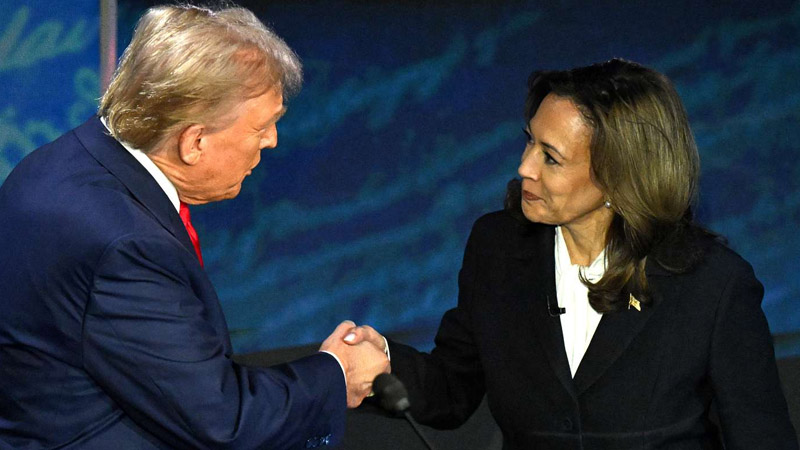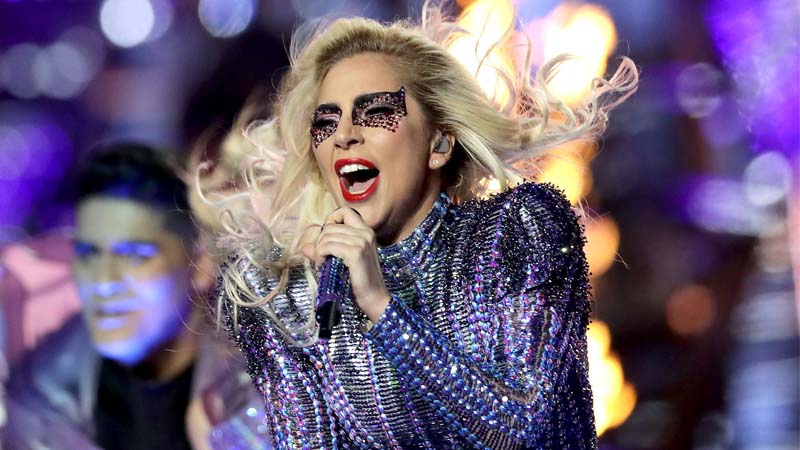Missed Opportunities: How Both Parties’ Mistakes Shaped the Tight 2024 Election

Photo: SAUL LOEB/AFP via Getty
As the 2024 presidential election heads toward a razor-thin finish, The Washington Post columnist Perry Bacon Jr. argues that it didn’t have to be this way. According to polls, the race is one of the closest in recent history, but both major political parties had opportunities to secure a clear victory—and both failed to capitalize on them.
In his analysis, Bacon explains that operatives from both the Democratic and Republican camps are already expressing frustrations, albeit discreetly, with key decisions made during the campaign. “Post-election, expect to see very strong criticism of whichever candidate loses,” he wrote, indicating that internal blame is inevitable once the dust settles.
On the Republican side, Bacon points out several missteps that could have been avoided. The most glaring one, he argues, was re-nominating Donald Trump, a candidate burdened with legal and political baggage. Instead of choosing a fresher face to lead their ticket, the GOP doubled down on Trump, a move that significantly narrowed their appeal to swing voters.
Even after committing to Trump, the campaign continued to stumble. Bacon highlights Trump’s selection of Sen. J.D. Vance (R-OH) as his running mate as another questionable decision, adding that the former president could have improved his chances by focusing on policy rather than divisive rhetoric. Instead, Trump continued to derail his own campaign with outlandish claims, including false stories about Haitian migrants and inappropriate gossip about public figures, which detracted from his message.
Bacon also mentions the GOP’s Project 2025, a controversial blueprint for a future Republican presidency spearheaded by the Heritage Foundation. According to Bacon, this extreme agenda has become a liability for Trump’s campaign, as it alienates moderate voters who might otherwise have been drawn to his platform.

Democrats, however, were not without their own miscalculations, Bacon argues. He believes President Joe Biden overreached by trying to pass too much legislation too quickly, which left many voters feeling overwhelmed and dissatisfied. Moreover, despite clear signs from polls that Biden’s popularity was waning, Democrats hesitated to replace him as their nominee.
It wasn’t until the summer that they officially shifted to Vice President Kamala Harris as their candidate, a decision that appears to have stabilized the party for now but came with its own challenges. Bacon criticizes Democrats for having Harris spend too much time appealing to Republican voters, which he argues has diluted her focus and appeal to the party’s base.
This strategy, while intended to sway swing voters, has raised concerns about whether the campaign is effectively mobilizing its core supporters. Ultimately, Bacon concludes that both parties made critical errors that contributed to the nail-biting finish. “Democrats, Biden, and Harris have made mistakes; so have Trump and Republicans,” he wrote.
“That said, it’s not clear that either party can do much to address the deep partisan polarization that has made almost every U.S. presidential election this century very close.” In Bacon’s view, while different choices could have resulted in a more decisive election, the enduring partisan divides in American politics ensure that even with perfect strategies, neither party is likely to pull far ahead in such a polarized environment.


